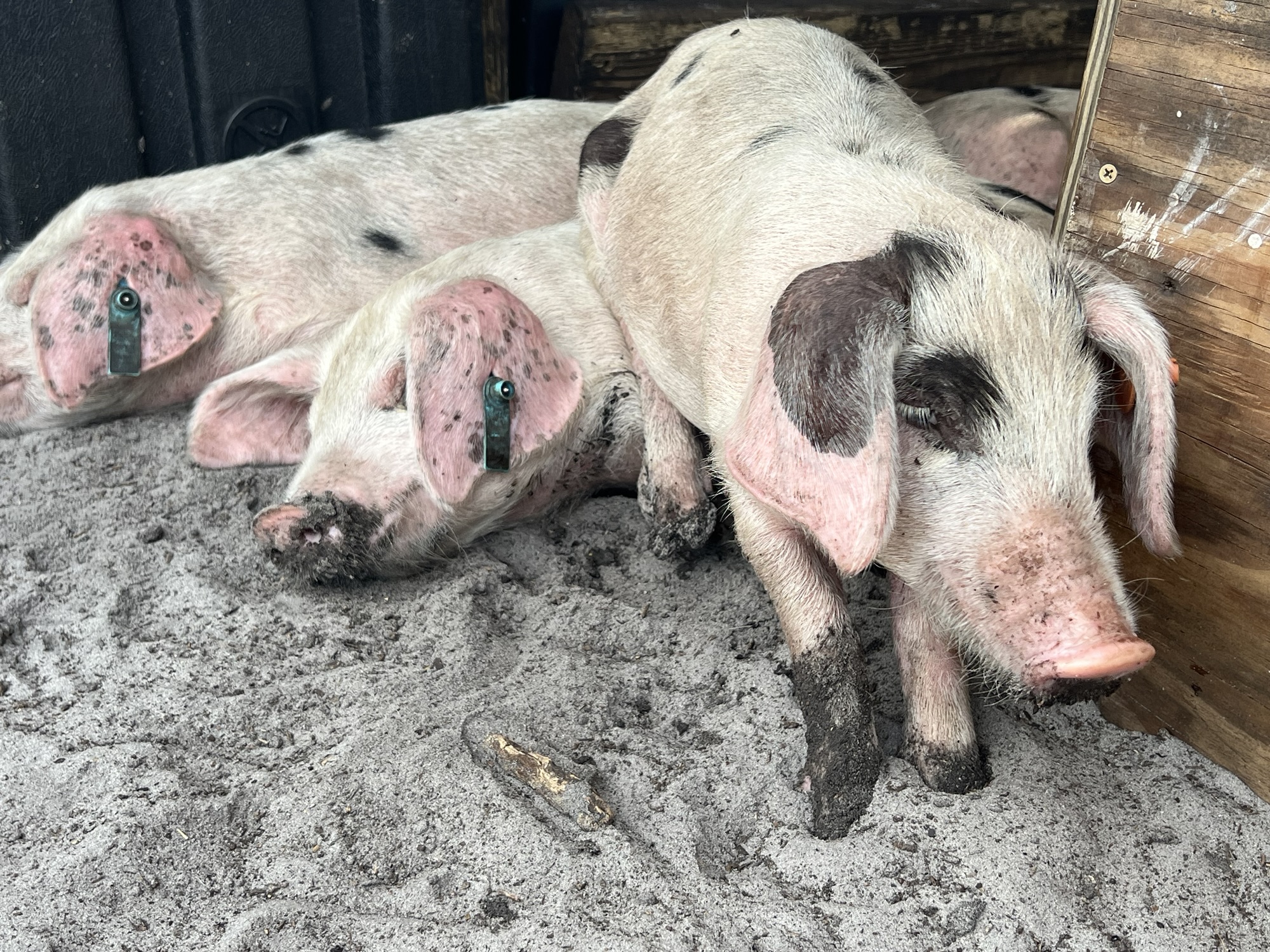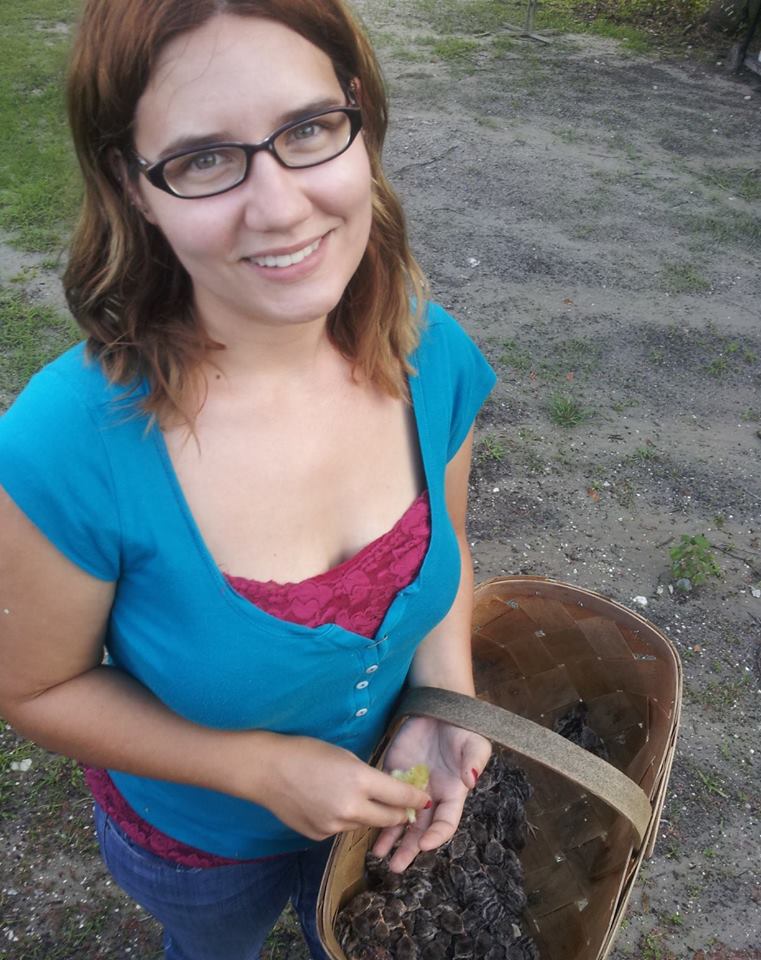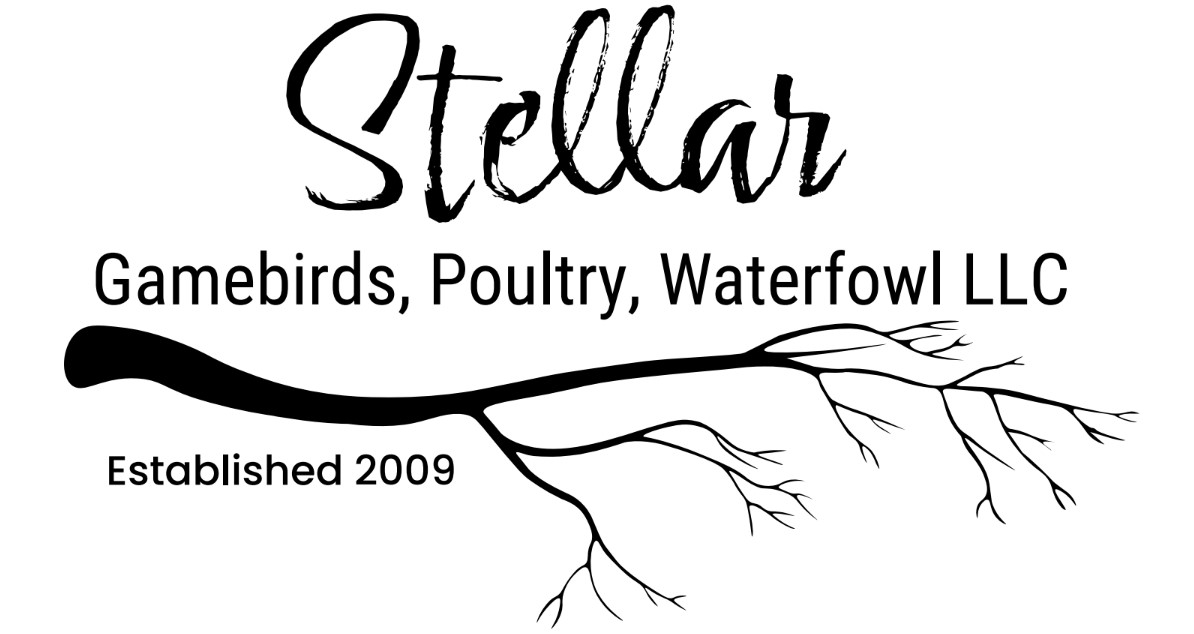In a world where grocery stores stock everything from strawberries in December to tomatoes in February, the idea of waiting for fresh, seasonal products can feel foreign. However, when you choose to support a local farm, you’re not just purchasing food—you’re investing in sustainable practices, community, and quality. Unlike supermarkets, farms operate in harmony with nature, and that means products aren’t always available at the snap of a finger. Here’s why that’s not only okay but something to celebrate.
1. Farming Follows Nature, Not Demand
Local farms are deeply connected to the natural cycles of seasons, weather, and animal biology.
- Planting and Harvesting Cycles: Crops take time to grow. Seasonal produce like sweet corn, pumpkins, and berries depend on months of care and specific weather conditions.
- Animal Life Stages: Animals raised on local farms are not rushed to maturity. Eggs, meat, and dairy are produced on the timeline of the animals, ensuring ethical treatment and healthier products.
When you buy from a farm, you’re accepting the natural rhythm of food production and stepping away from the instant-gratification mindset of mass production.
2. Quality Over Convenience
The products you buy from a local farm may not always be available, but their superior quality more than makes up for the wait.
- Peak Freshness: Seasonal food is harvested or processed at its peak, ensuring you get the best flavor and nutritional value.
- No Shortcuts: Local farmers don’t rely on artificial growth hormones, synthetic ripening agents, or mass-processing techniques. Every product represents time, care, and natural growth.
Waiting for products ensures you’re getting food that is worth the effort and patience.
3. Supporting Sustainability and Ethical Practices
Farms that operate on a smaller scale prioritize sustainability and humane practices.
- Regenerative Farming: Crops are rotated, soil is nurtured, and livestock is raised responsibly. This takes time but benefits the environment in the long run.
- Less Waste: Unlike mass producers, local farms work carefully to avoid overproduction. When items aren’t readily available, it’s often because the farm is prioritizing long-term health over short-term gain.
Your patience allows farmers to continue these ethical practices without compromising their values.
4. Embracing Seasonality and Variety
Shopping from a local farm reconnects you with the natural seasons and their bounty.
- Seasonal Eating: You’ll enjoy food at its freshest, when it’s naturally abundant. Think juicy summer melons, hearty fall squash, and spring greens.
- Diverse Offerings: Local farms often raise heritage breeds or heirloom varieties you won’t find in stores, making the wait for a special product even more rewarding.
By adjusting your diet to what’s in season, you’ll not only enjoy a deeper connection to your food but also discover new flavors and recipes.
5. Building a Relationship with Your Farmer
When you support a local farm, you’re not just buying food—you’re forming a partnership.
- Transparency: Farmers are happy to explain why certain products are unavailable and share the care that goes into producing each item.
- Trust and Appreciation: Knowing the effort behind your food fosters gratitude and trust that you simply don’t get from a supermarket.
- Direct Impact: Your support directly helps the farmer maintain their land, animals, and livelihood—not a faceless corporation’s bottom line.
How You Can Support Local Farms
- Plan Ahead: Ask your farmer about seasonal availability and stock up on what’s in season.
- Be Flexible: Embrace substitutions and try new products when your favorite isn’t available.
- Spread the Word: Share your experience with friends and family to help build a supportive community around local food.
Why the Wait Is Worth It
Supporting a local farm means stepping back into the natural rhythm of life. It’s a reminder that food isn’t just something you grab off a shelf—it’s grown, raised, and nurtured. By embracing the seasonal availability of local products, you’re not only getting fresher, higher-quality food but also contributing to a more sustainable, ethical, and connected food system.
So, the next time your local farm doesn’t have what you’re looking for, take a moment to appreciate the bigger picture. Good things take time—and local farm products are always worth the wait.








